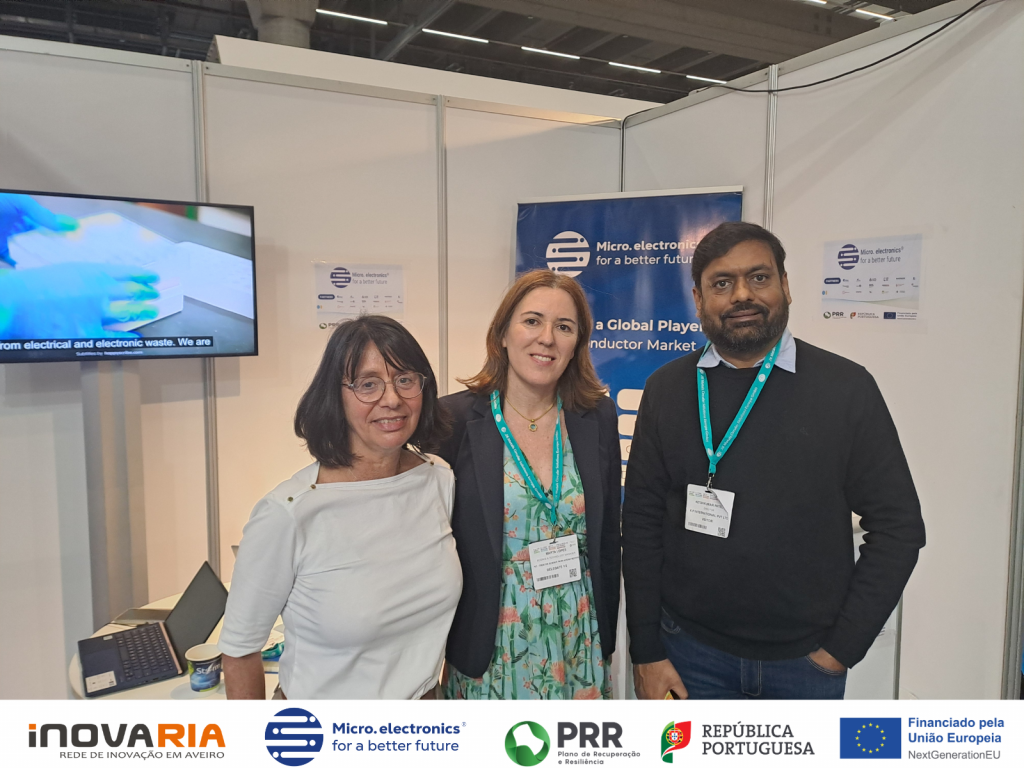Last week saw the T30 Europe event, promoted by Mckinsey & Company, which welcomed more executives from the global semiconductor industry to debate the theme “Expanding horizons for semiconductors in Europe”.
These are some of the main conclusions of the event:
1️⃣ For the semiconductor industry, innovation is crucial to staying competitive, and there is a lot to explore within this field, including new materials, new types of semiconductors, smaller or more efficient structures, better manufacturing tools and closer integration of hardware and software systems.
2️⃣ (Generative) AI will heighten demand for a variety of devices (logic, memory, discrete, and opto) in the coming years. Notably, the semiconductor industry has the potential to become a >1 trillion-dollar industry, AI adding a >€300 billion revenue pool, greatly enhancing efficiency in areas like design and manufacturing, and connecting knowledge within organizations. European players have key technologies to enable AI chips and applications, both to improve compute and memory performance and to manage and reduce power consumption.
3️⃣ Europe has much to contribute to the global semiconductor industry, with excellent research institutions and leading players for several device types (discretes and sensors), tools (lithography, deposition, and epitaxy) and customer segments (automotive and industrials). However, Europe still needs to overcome its industry fragmentation, scaling challenges of its players, the absence of local hyperscalers and talent challenges to reach its full potential.
4️⃣ Geopolitics will likely remain an omnipresent topic for the global semiconductor industry, which still—for the foreseeable future—relies on global trade along the value chain. Companies have taken steps with customers and regulators to address current uncertainty and continue to evolve potential scenarios and mitigation strategies, congruent with their portfolio and business model.
5️⃣ Governments and regulators play an increasingly important role in making regulatory decisions and granting subsidies to level the playing field for semiconductor players. While there is enthusiasm about the political support and subsidies to build new fabs, more dialogue needs to take place to advance Europe’s strongholds, such as equipment and new materials, reducing research fragmentation, and on ensuring competitive energy prices in Europe. Governments and regulators need to gain deeper knowledge of the semiconductor industry, and industrial players must understand overarching constraints/priorities.
Click here to access the publication.




